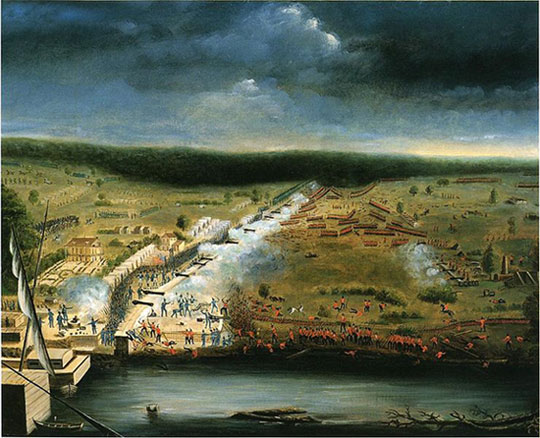Once they gain a foothold in our collective national memory, the persistence of national myths becomes part of our history.
“My country men…look too intently to the Triumphs, & turn their eyes too lightly away from their disasters.” John Quincy Adams

New Orleans Museum of Art
Last updated: May 24, 2016
